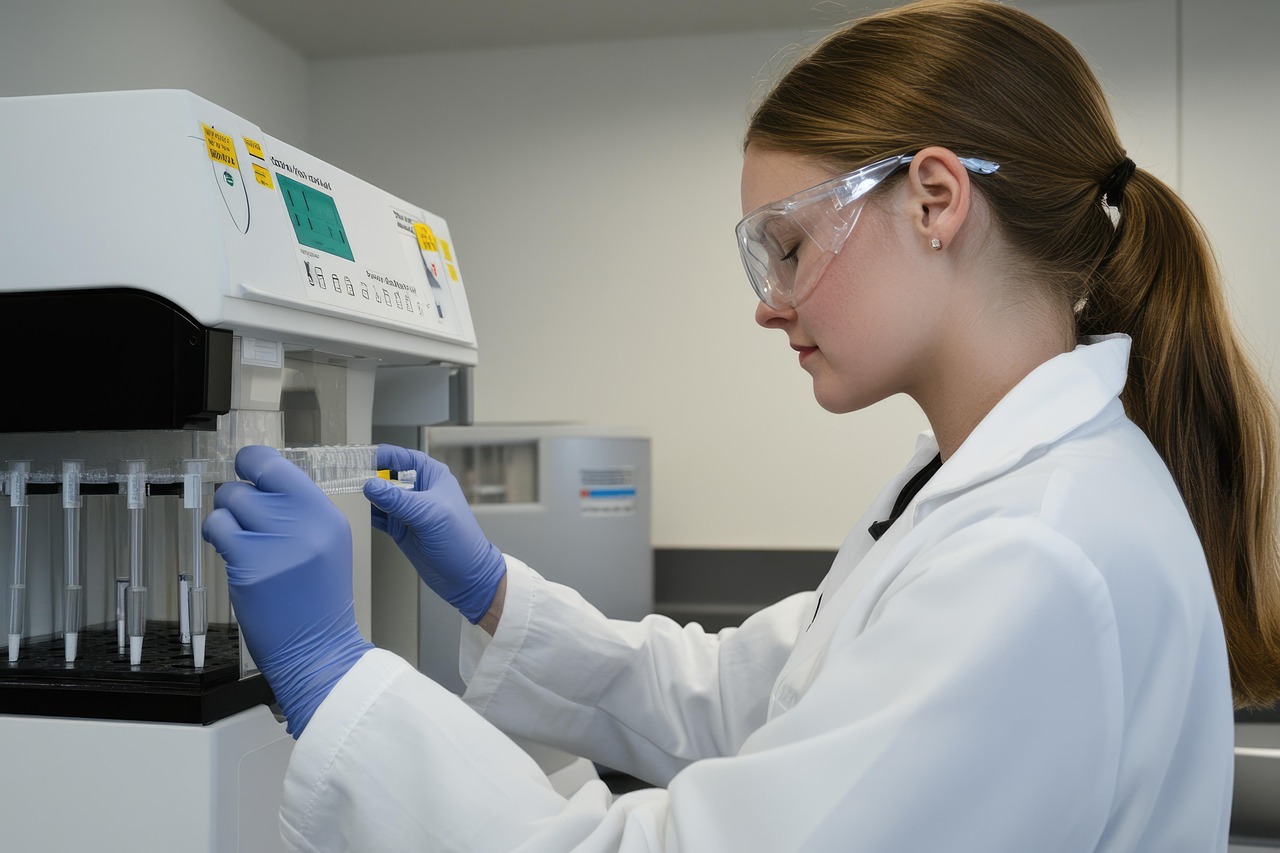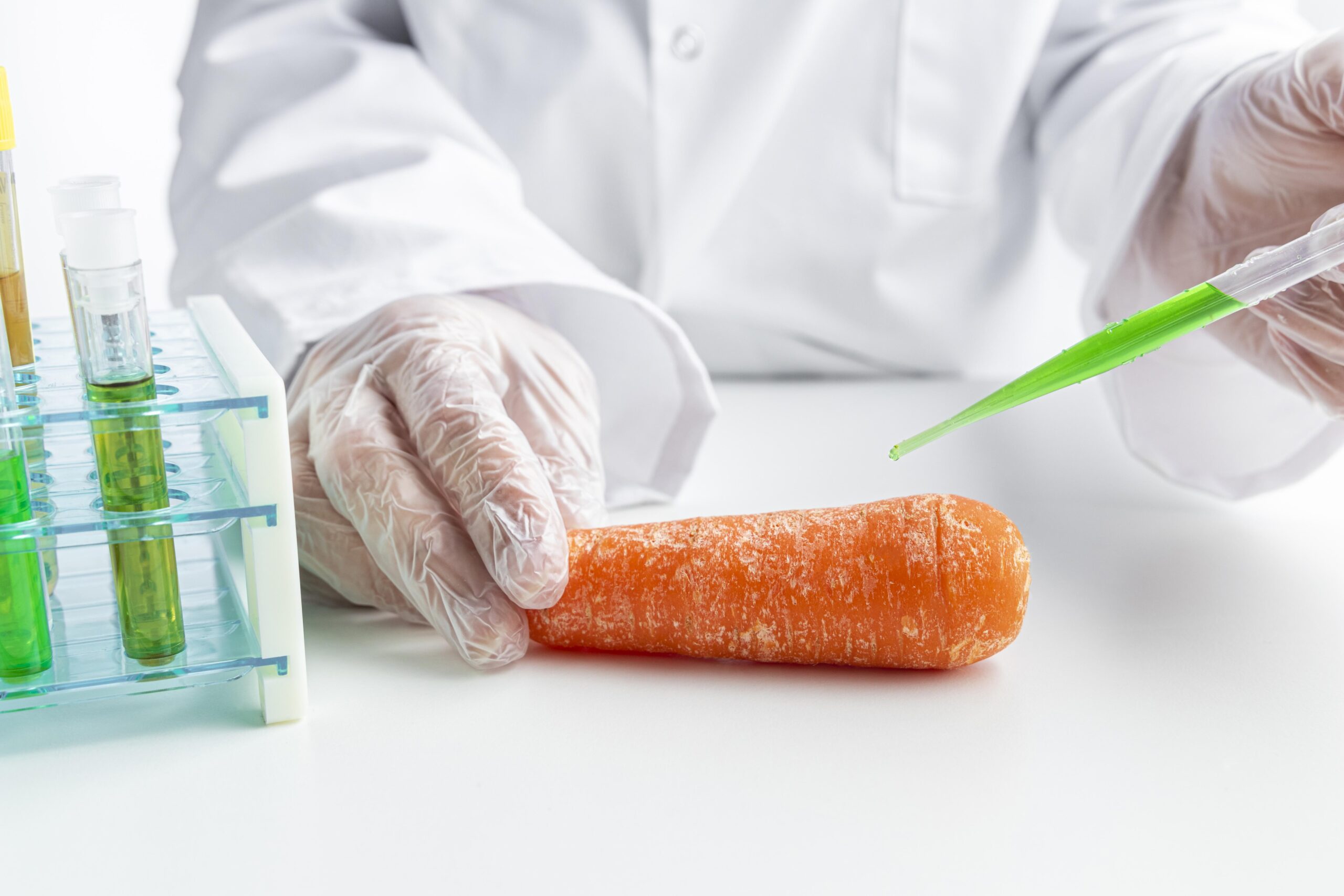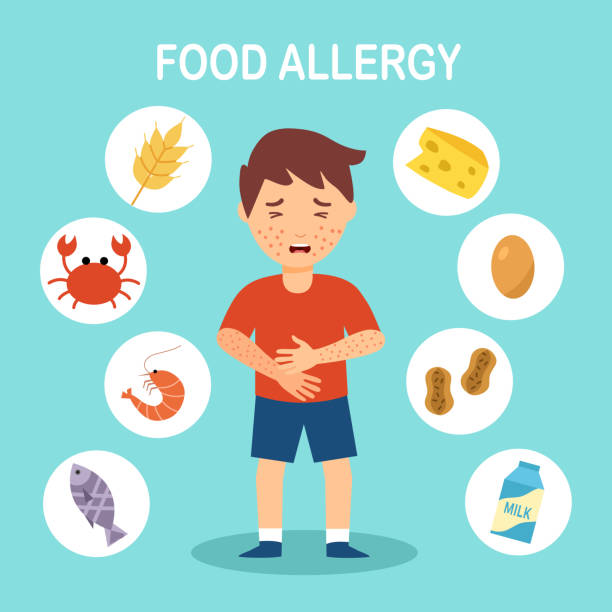Product quality is a must in today's cutthroat and regulatory-driven corporate world. Making sure that industry standards are followed and that consumers are safe is essential whether you work in the food and beverage, pharmaceutical, cosmetic, textile, or manufacturing sectors. Quality testing labs are useful in this situation. Selecting the best quality testing lab in India is more than just checking a box; it's a calculated move that will have an immediate effect on your company's success, consumer confidence, and brand reputation.
It can be difficult to choose a testing lab in India that meets your unique business demands because there are hundreds of them dispersed throughout the nation. This guide will help you understand the important aspects to take into account when selecting a quality testing lab in India and how making the right decision may benefit your company in the long run.

Why Quality Testing Matters for Your Business
Before diving into how to choose a lab, it’s important to understand why quality testing is critical. Quality testing ensures that your products meet regulatory standards and safety norms. It detects defects, contaminants, or inconsistencies that could lead to product recalls, legal consequences, or reputational damage.
Quality testing labs help you:
- Comply with FSSAI, BIS, ISO, NABL, and other regulatory bodies.
- Build consumer confidence with verified certifications.
- Reduce production costs by identifying issues early.
- Stay competitive by offering high-standard products.
Key Factors to Consider While Choosing a Quality Testing Lab in India
Here are the main criteria you should evaluate when selecting a quality testing lab in India:
1. Accreditations and Certifications
It can be difficult to choose a testing lab in India that meets your unique business demands because there are hundreds of them dispersed throughout the nation. This guide will help you understand the important aspects to take into account when selecting a quality testing lab in India and how making the right decision may benefit your company in the long run.
2. Expertise in Your Industry
The testing requirements of different sectors vary as well. While some labs are focused on the textile, pharmaceutical, or environmental industries, others specialize in testing food and beverages. Verify that the lab is knowledgeable about the particular compliance requirements you must adhere to and has experience with the type of product you are producing.
3. Range of Testing Services Offered
A good quality testing lab in India should offer a comprehensive suite of tests relevant to your industry. This saves you time and cost by avoiding multiple service providers. Check if the lab performs:
- Chemical analysis
- Microbiological testing
- Physical property evaluation
- Shelf-life testing
- Heavy metal or pesticide residue testing
Having a single point of contact for multiple testing requirements improves coordination and turnaround time.
4. Turnaround Time and Reporting Accuracy
Time is money in the corporate world. Quick and reliable test results help you make informed decisions without delaying production or delivery timelines. Inquire about the lab's normal turnaround time and report delivery methods, such as integrated platforms, digital PDFs, or hard copies. Ask them about their quality control procedures as well to guarantee that the results are accurate.
5. Modern Equipment and Infrastructure
Advanced testing requires state-of-the-art equipment. A top-tier quality testing lab in India should be equipped with:
- High-performance liquid chromatography (HPLC)
- Gas chromatography-mass spectrometry (GC-MS)
- ICP-MS for heavy metal analysis
- UV-Vis spectrophotometers
- PCR systems for microbial detection
Also, check if the lab maintains proper temperature control, hygiene, and sample tracking systems to ensure sample integrity.
6. Customer Support and Consultation Services
The top laboratories assist you manage compliance needs by providing technical advice and regulatory consultancy in addition to testing. If test results are unsuccessful, a helpful customer support staff can assist with documentation, respond to your questions, and provide guidance on corrective measures.
Select a lab that views you as more than simply a customer.
7. Cost and Value for Money
Pricing shouldn't be the sole consideration, but it's crucial to weigh the cost of the services against their quality. Better value may be provided by long-term agreements, combined testing packages, and transparent pricing. Keep in mind that sometimes less is more; sacrificing the quality of the testing can end up costing you more in the long run.
Questions to Ask Before Finalizing a Lab
Here are some critical questions you should ask when vetting potential labs:
- Are you NABL and ISO/IEC 17025 certified?
- What industries do you specialize in?
- What is your average turnaround time for reports?
- Can you provide references or case studies from similar businesses?
- What is your process for handling client complaints or discrepancies in results?
Asking these questions helps you assess the lab’s credibility and fit for your organization.
Benefits of Choosing the Right Quality Testing Partner
Choosing the correct lab has various long-term benefits in addition to helping you comply with regulations:
- Improved product quality and consistency
- Better market reputation and consumer trust
- Faster compliance and reduced risk of legal issues
- Efficient problem-solving and product improvement
- Enhanced ability to scale in global markets
The legitimacy of your brand is increased and new prospects are created when your items are supported by trustworthy test findings.
Final Thoughts
Investing in a reputable quality testing lab in India is a wise business decision in an environment where product safety and quality are constantly scrutinized. The ideal lab is an extension of your quality assurance staff, helping you achieve regulatory compliance and win over customers.
Examine credentials, industry experience, service offerings, turnaround time, infrastructure, and customer service. Working with the proper lab may help you produce safer, better, and more competitive products, regardless of size—from small startups to giant corporations.
Make an informed decision and let your quality speak for itself.



